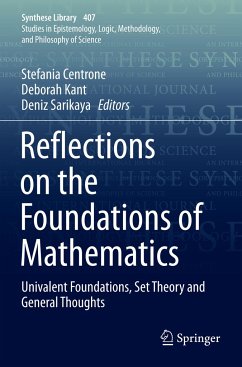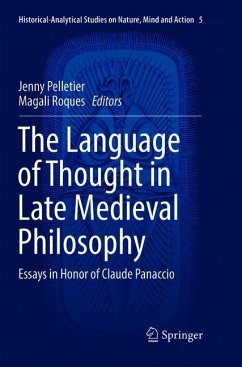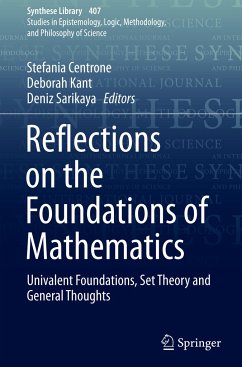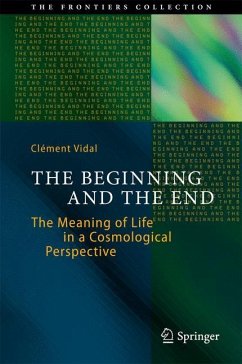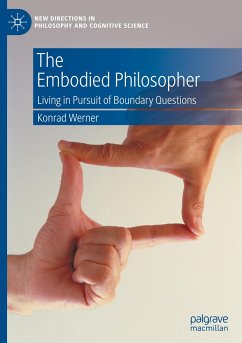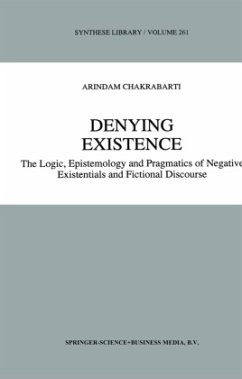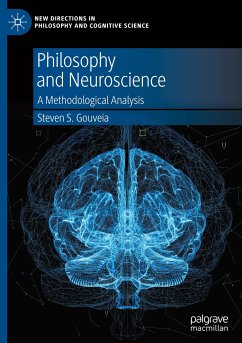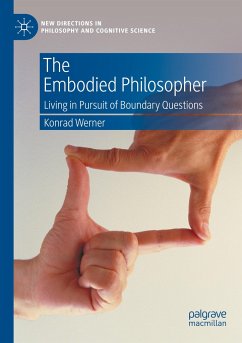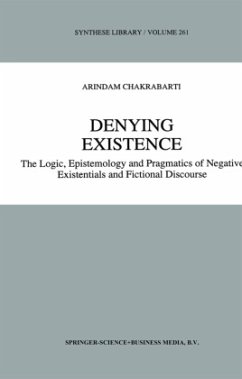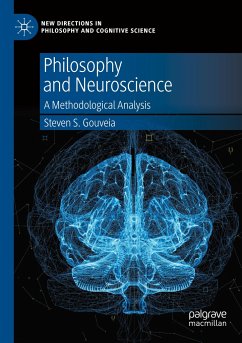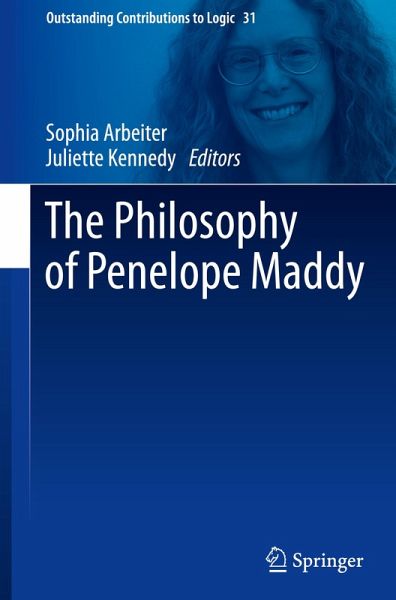
The Philosophy of Penelope Maddy

PAYBACK Punkte
49 °P sammeln!
This volume features more than 20 essays that explore the work of one of the most important contemporary philosophers of mathematics. It will help readers to better appreciate this significant and prolific philosopher. Within philosophy of mathematics, Penelope Maddy initially advocated realism. She then went on to advance naturalism. Both of her positions became very influential in the field, along with her other work in the philosophy of logic.The contributors comment on and otherwise engage with Maddy's work. They also weigh in on the state of set theory and its philosophy, the philosophy a...
This volume features more than 20 essays that explore the work of one of the most important contemporary philosophers of mathematics. It will help readers to better appreciate this significant and prolific philosopher. Within philosophy of mathematics, Penelope Maddy initially advocated realism. She then went on to advance naturalism. Both of her positions became very influential in the field, along with her other work in the philosophy of logic.
The contributors comment on and otherwise engage with Maddy's work. They also weigh in on the state of set theory and its philosophy, the philosophy and history of logic, naturalism, skepticism, and the myriad other areas to which Maddy left her mark. Overall, coverage traces her influence on these various ideas over the years. It will also help readers to better understand how philosophers working at the forefront of these areas see these concepts today.
These essays will be essential reading for the wide group of philosophers working in these different areas as well as graduate students studying philosophy of mathematics and logic and the other related issues to which Maddy has contributed. The volume will also appeal to logicians and set theorists in general, as well as to philosophers working in analytic philosophy more widely, as well as to those working in the history of philosophy.
The contributors comment on and otherwise engage with Maddy's work. They also weigh in on the state of set theory and its philosophy, the philosophy and history of logic, naturalism, skepticism, and the myriad other areas to which Maddy left her mark. Overall, coverage traces her influence on these various ideas over the years. It will also help readers to better understand how philosophers working at the forefront of these areas see these concepts today.
These essays will be essential reading for the wide group of philosophers working in these different areas as well as graduate students studying philosophy of mathematics and logic and the other related issues to which Maddy has contributed. The volume will also appeal to logicians and set theorists in general, as well as to philosophers working in analytic philosophy more widely, as well as to those working in the history of philosophy.



